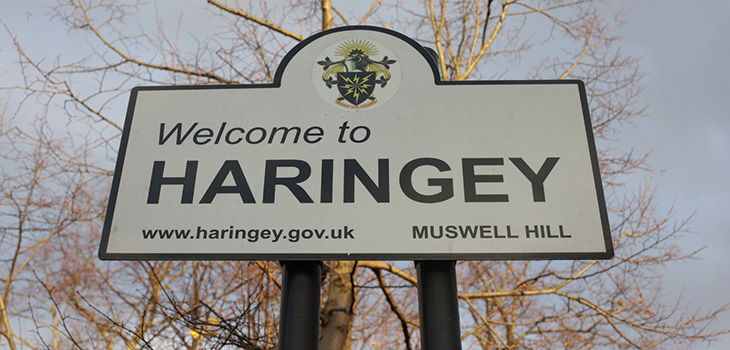
Challenges include affordability, training, data governance, and regulatory uncertainty. Despite government enthusiasm for innovation, current guidance is patchy and often ill-suited to the realities of legal aid providers.
The authors call for targeted support, inclusive regulation, and sector-wide collaboration to ensure AI enhances rather than undermines access to justice. The message is clear: AI must be a tool, not a threat, and human oversight remains essential.










